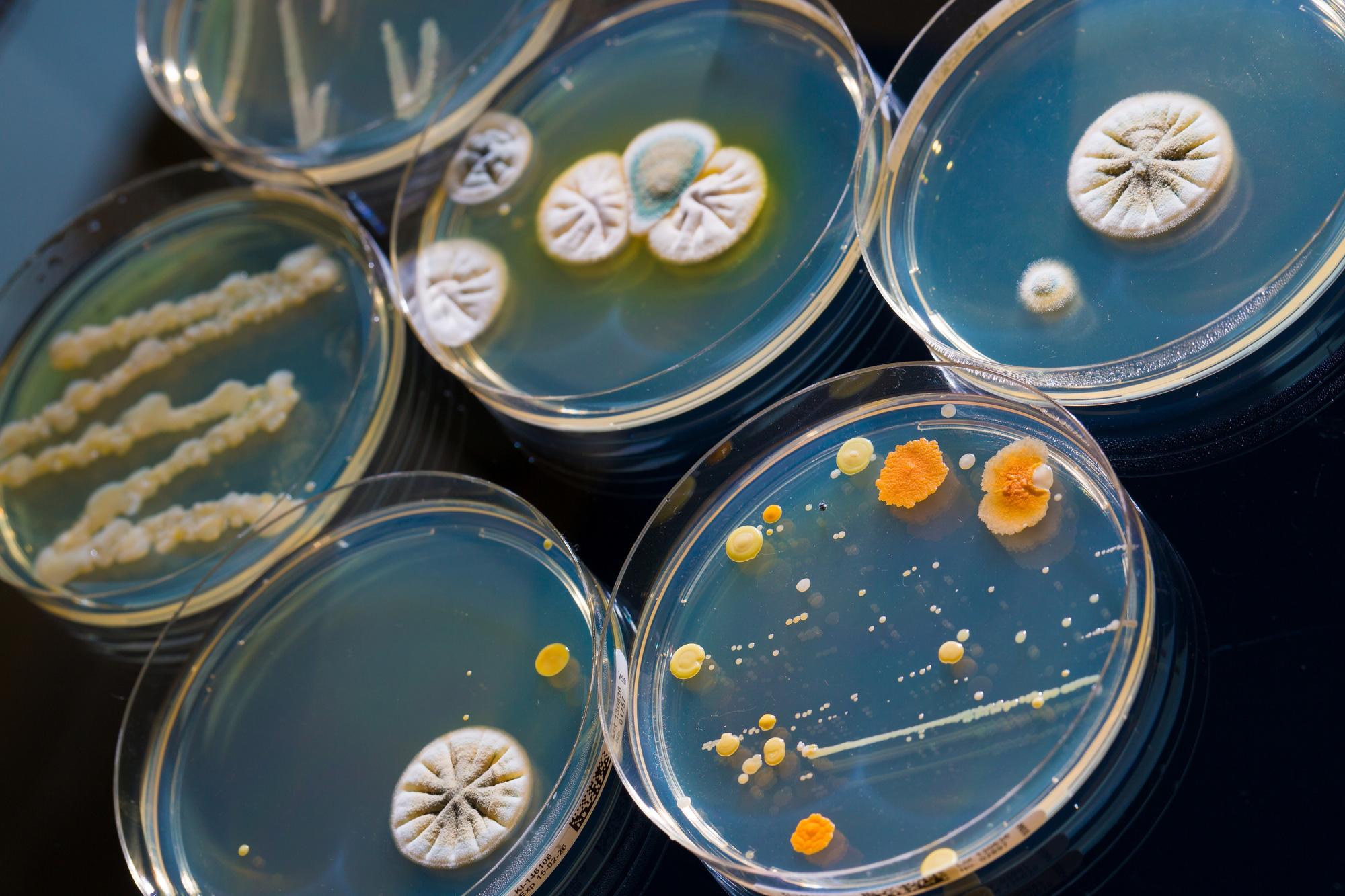Bacteria show how biodiversity works and when it ends

A computer simulation of the emergence of new bacterial species shows: two seemingly contradictory hypotheses about biodiversity are compatible.
Every ecosystem is home to a variety of different creatures. But at some point there is no more room for new species. Science is divided as to why this is so. Some believe that the resources available - or not - in the environment are the limiting factor. Others argue that "diversity begets diversity": the interaction of existing species creates new ecological niches, which in turn provide habitats for new species. Once all possible niches are filled, that's it.
Researchers at the University of Zurich and the Institute of Bioinformatics in Lausanne have now tested both hypotheses with a computer model. To do this, they fed the program thousands of biochemical reactions, which they used to simulate the metabolism of a thousand known bacterial species. Starting from a single bacterial species and a single nutrient source, they monitored the emergence of new bacterial species in this model environment.
First the niche, then the resource
It turned out that both hypotheses are correct - just not simultaneously, but one after the other: first, the bacteria produce new metabolic products that form the basis of life for further bacterial species, i.e. they amount to new ecological niches. Once these additional habitats are taken, new species nevertheless continue to emerge - until the existing resources are exhausted.
According to Andreas Wagner, an evolutionary biologist funded by the SNSF, similar mechanisms probably also play a role in the evolution of plant and animal biodiversity. In higher organisms, however, the interactions are much more complex than in the world of bacteria and can therefore not (yet) be simulated on a computer.
M. San Roman and A. Wagner: Diversity begets diversity during community assembly until ecological limits impose a diversity ceiling. Molecular Ecology (2021)
Contact
Andreas Wagner
Institute for Evolutionary Biology and Environmental Studies
University of Zurich
Winterthurerstrasse 190
CH–8057 Zurich
Tel.: +
Email: